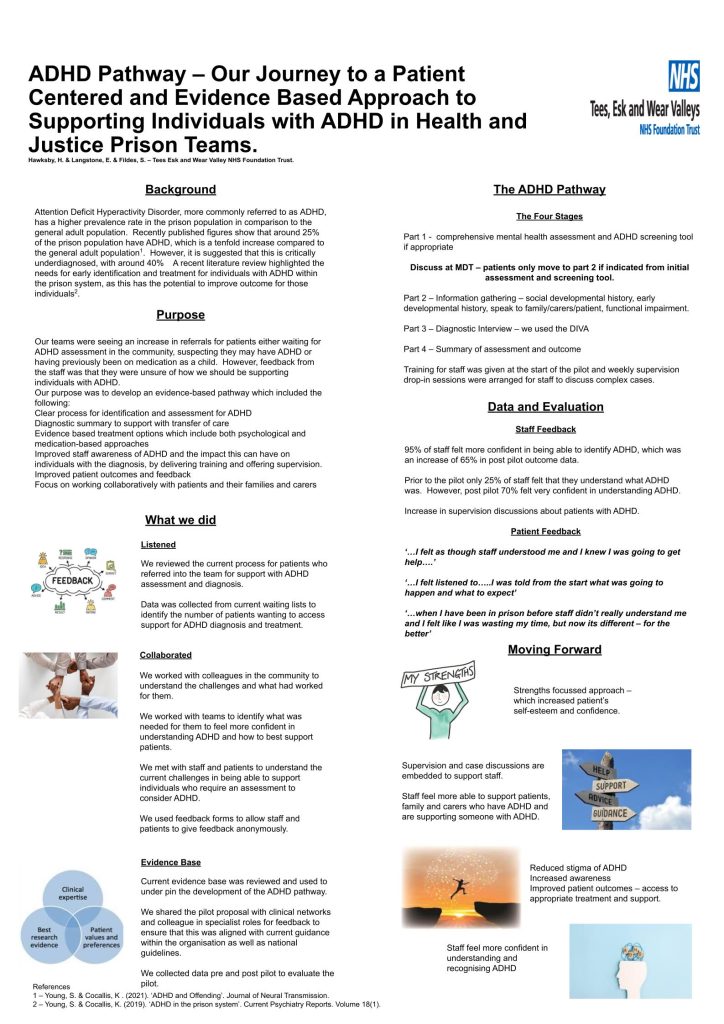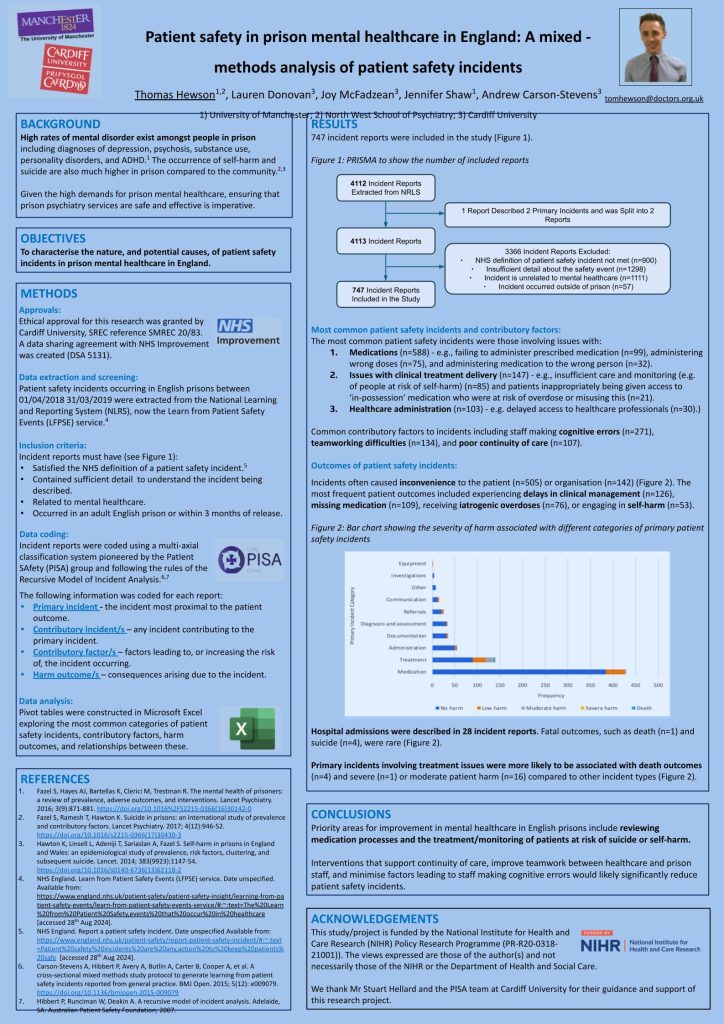OHID substance misuse leads issue information
Following a Medicine Supply Notification issued by DHSC on 3 April 2024 about a national shortage and proposed discontinuation of parenteral (injectable) forms of Pabrinex, there has been concern among clinicians treating alcohol dependence and withdrawal in secure environments. OHID substance misuse leads have now issued the following information:
“…Clinical guidance for use in alcohol dependence is still being worked up but the consensus advice of leading clinicians is that, as and when you run short of Pabrinex, you simply replace it with an equivalent dose of injectable thiamine, ie 200-300mg thiamine for 1 ampoule/pair Pabrinex (which contains 250mg thiamine). This will mean you sourcing appropriate supplies of thiamine when they are needed.
The Medicines Supply Team in DHSC is working to ensure that thiamine stock is available in this country but, where stock is from imports of formulations not licensed in the UK, (it will need to be individually prescribed because) PGDs cannot be used for unlicensed products.“


